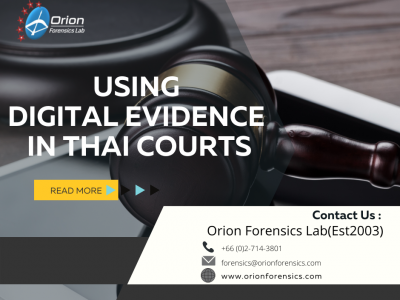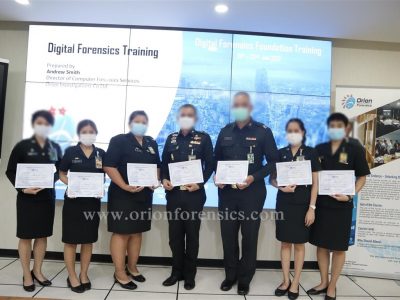EXPERT WITNESSES – THEIR ROLE & RESPONSIBILITIES
With the Johnny Depp vs Amber Heard trial currently underway and being broadcast live around the world, I thought now would be an appropriate time to discuss what an expert witness is and what their role & responsibilities are.
There has been a number of expert witnesses presenting evidence during the trial, including medical experts and digital forensic experts. Having viewed the testimony from many of these expert witnesses myself I can say there has been some very good witnesses and very bad witnesses. I will leave it to you to decide which category each of the witnesses falls into based on what I am going to cover within this article.
What is a definition of an expert witness? – An expert witness is a person permitted to testify at trial because of special knowledge/training, certification, experience or proficiency in a particular field beyond that expected of the ordinary person.
It is important to note that regardless of qualifications or experience, it is the trial judge who will decide if the witness will be accepted as an expert witness or not.
There are essentially two types of witnesses.
- Witnesses of Fact who may give evidence of fact but will not usually be allowed to give opinions
- Expert witnesses who may present evidence of facts and who may also be allowed to give opinion evidence as long as it is within their field of expertise. It is important that the witness makes it clear to the court when they are offering opinion evidence.
What is the role of an expert witness? – An expert witness’ role is to assist the court in understanding the technical evidence by interpreting the facts of the case and giving their opinion within their field of expertise. This is done by:
- Conducting a review of the evidence in the case, review reports (including reports of other expert witnesses)
- Conducting further analysis where applicable
- Prepare reports outlining their findings and opinions
- Present their findings in court
What are the responsibilities of an expert witness?
- To provide an independent expert opinion within their area of expertise in accordance with the instructions they have been given.
- To present their findings truthfully, impartially without bias even if their findings may weaken their client’s case.
- Ensure all court rules/ procedures have been complied with
- Not accept any case that involves a conflict of interest
- Not offer opinion outside their field of expertise.
- Not accept any case where fees are conditional on the outcome of the case
This raises an interesting point as an expert witness is usually being paid for their time by one side or the other to review the evidence, prepare reports and present their findings in court. As a result, lawyers will often raise this point during the trial to try and undermine the credibility of the expert witness.
The expert witness’ overriding duty first and foremost is always to the court. This supersedes any responsibility owed to the client who is paying the fees. The court always expects the expert witness to be impartial and, if found not to be, then the court has the option to discount their evidence.
The reputation of expert witnesses relies on ensuring that not only have they fulfilled their role as an expert witness but that they have also complied with these responsibilities at all times.
Author – Andrew Smith – Director of Computer Forensics Services.




